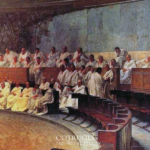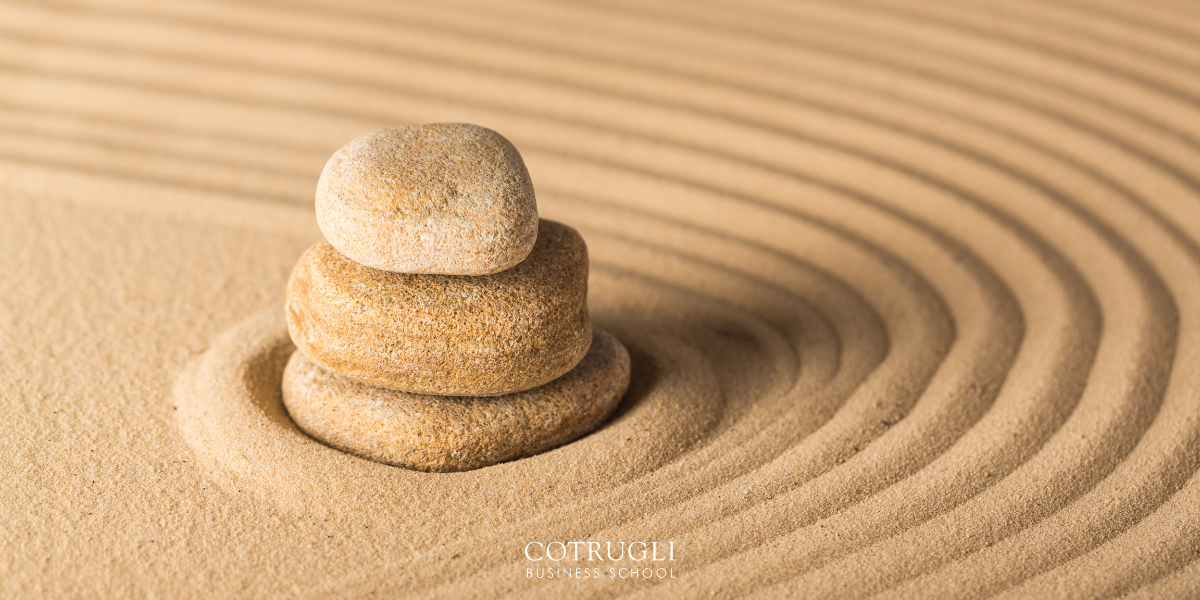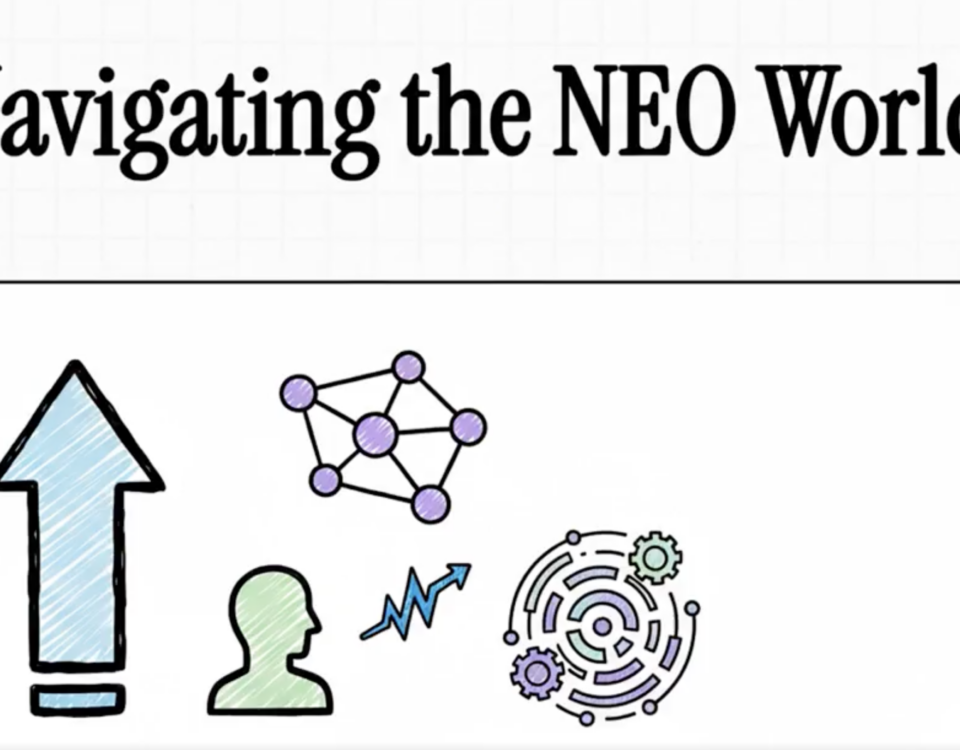
Elite Members of Roman Society
29/11/2023
Personal Purpose and the Eightfold Path of Possibility pt. 2
06/12/2023
Understanding Life Purpose: Beyond Creation and Consumption
Everything we create in this material world—objects, products, and processes—is made for a purpose. From hammers to homes, each item serves a function. Even art fulfills a purpose: to shock, send a message, or inspire beauty. Yet, identifying the purpose of the creator of all these things—us—proves surprisingly difficult. Many people struggle to define their life’s purpose. As the saying goes, “If you don’t live your life on purpose, you’ll live it by accident.”
Cultural Pressures and Hidden Agendas
We like to think we shape our lives, but societal pressures often guide our paths. Whether it’s becoming an achiever or a consumer, we’re nudged into roles that serve the economic engine of producer/consumer cultures. It’s not inherently wrong to pursue achievement or consumption, but the danger lies in never questioning these motives. Many only realize in mid-life that they haven’t discovered their true purpose.
Some argue that purpose isn’t chosen; it’s already embedded within us, like the oak tree encoded in an acorn. Realizing this inner blueprint takes quiet reflection, deep contemplation, and honest self-inquiry. Here are four of the most common beliefs about life purpose to help guide your discovery process.
1. To Breed
A widely held belief is that we are here to procreate. Some cultures even view it as a duty. While natural, this view reduces us to physical beings and ignores our inner world of awareness, creativity, and values. More than just multiplying, we’re capable of living purposefully through qualities like compassion and insight. Since procreation is infrequent and limited, it’s unlikely to be our sole purpose.
2. To Achieve
Many believe that achievement defines success. Schools encourage us to aim high, dream big, and fill our lives with awards and accolades. But this mindset can delay happiness. It breeds dependency on recognition, triggers a fear of failure, and leads to busyness that masks inner emptiness. Achievement alone rarely satisfies. It may bring applause but not peace.
3. To Grow
Some say we’re here to grow—not physically, but mentally and intellectually. Growth often gets mistaken for accumulating knowledge. But true inner development involves simplifying thought, sharpening awareness, and refining insight. A wise mind doesn’t just think more; it thinks better. While personal growth supports meaningful contribution, it is likely a stepping stone to a greater, outward-facing purpose.
4. To Survive
Survival is a default purpose for many. We learn to fear scarcity, threats, and competition. This outlook fosters self-protection, hoarding, and emotional stress. A survival mindset may protect the body but drains the soul. It limits empathy, amplifies anxiety, and frames life as a battleground. Although common, living only to survive rarely leads to happiness or fulfillment.
Final Thoughts
Unraveling these purpose possibilities helps you uncover what truly drives your choices. A clear purpose enhances well-being, directs your energy, and adds depth to everyday actions. As Helen Keller said, “True happiness is not attained through self-gratification but through fidelity to a worthy purpose.”
Coming Next Week: The four remaining Purpose Possibilities
Question: Which of the four purpose possibilities influences your daily life most?
Reflection: What is nature’s purpose?
Action: Complete the following sentence ten different ways this week: “My purpose in life is…”
Written by our professor Mike George.




